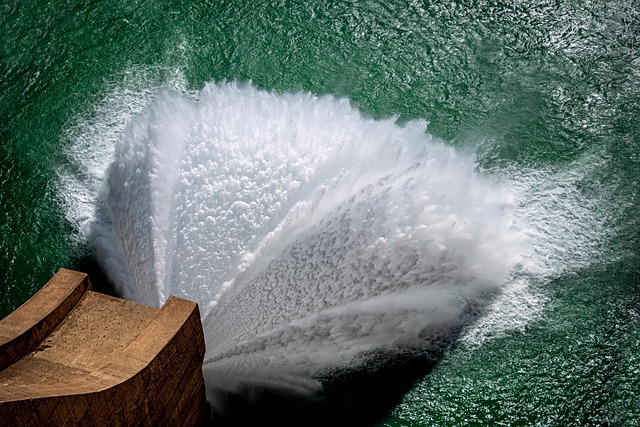
Nearly half of UK households actively recycle. When you think of your top reasons for recycling, is protecting and saving water one of them? Water pollution and conservation are growing challenges, not only in the UK, but also across the globe. Recycling at home can make a difference. Here’s how recycling at home saves water.
Why we must protect and conserve water
Water pollution is a huge problem in the UK. In June last year, over 2,600 people measured the quality of their local rivers, lakes, and streams as part of the Great UK WaterBlitz. The results didn’t make for good reading. They showed that 75% of freshwater sites in the UK had poor ecological health. As well as pollution from agriculture, sewage, and industry, the waste we throw away can cause problems too.
Waste such as plastic can take centuries to degrade in water. All the while, it harms marine life that ingest it or get tangled up in it. Eventually, it breaks down into microplastics and leaches harmful chemicals into the water, affecting water quality, human health, and delicate aquatic ecosystems.
Another argument for disposing of waste properly and recycling at home is the materials you recycle can be turned into new products, which saves water. Water is used in recycling processes, such as in paper recycling where it breaks down the paper into pulp and cleans it. However, the amount of water used is far less than it takes to make new goods from raw materials.
3 ways recycling at home saves water
Being savvy about plastic protects our waters
That plastic bottle you saw someone throw out of their car window. If only they had taken it home for recycling. If it finds its way into a waterway, it will gradually degrade, releasing harmful chemicals like bisphenol A (BPA) and phthalates, harming marine life and human health, and affecting water quality.
The best way to reduce plastic pollution and protect our waters is to cut back on your plastic use in the first place. Instead of using plastic bags, make sure you’ve got your handy bag for life or cloth bag when you head to the shops. Take a refillable water bottle to work and the gym so you’re not tempted to grab a plastic one. And always avoid single-use plastic wherever you can. If you have no choice but to opt for plastic, make sure you recycle it properly. Plastic recycling can be confusing; there are 7 types and not all of them are currently recycled! So check the product label, your local council’s website, or the Recycle Now website, where you can check what you can recycle in your area.
Recycling electronics properly prevents chemicals from leaching into water
Most of us love our tech and gadgets. But what do you do when your beloved electronics break or you no longer want them because they’re out of date? Old electronics often end up in landfill or they’re fly-tipped because people have no idea what they’re supposed to do with them once they’re no longer of use. When e-waste isn’t recycled properly, it can leach some pretty dangerous chemicals into the environment, including:
- Heavy metals like lead, mercury, and cadmium
- Flame retardants
- Arsenic
- Phthalates
Yikes, right? These poison aquatic ecosystems and harm human health by contaminating the water supply and getting into the food chain. The way to prevent these horrifying things from happening is recycling your electronics properly. There are several ways you can do this:
- Take your items to a local recycling centre. Many councils have designated facilities for electronic waste.
- If your items are in good working order, donate them to a charity shop.
- Trade-in your items. Retailers like John Lewis pay cash for old devices, including phones, tablets, and laptops. Devices are securely data-wiped, refurbished, and resold or responsibly recycled if beyond repair.
- Use a retailer take-back scheme. Retailers like Currys offer recycling services for old electronics when you buy your new items from them.
- Use a manufacturer take-back programme. Sony, Samsung, and LG all provide recycling services for old devices and tend to offer incentives like discounts on new purchases.
Buying recycled goods conserves water resources
The next time you’re browsing online or in the supermarket, opt for goods made from recycled materials wherever you can. This reduces demand for water resources. It’s making brand-new goods that is often very water-intensive. Climate change, population growth, and old leaky infrastructure is making conserving water a growing challenge for the UK. However, you can do your bit by opting for recycled goods. Just take this example. Manufacturing one tonne of recycled paper uses 23,400 litres less water than producing the same amount from virgin material. To put this into perspective, this is around 377 average showers. Similarly, recycling one pound of paper at home saves approximately 3.5 gallons of water.
For more interesting articles on recycling, sustainability, and water conservation, check out the rest of our blog.
